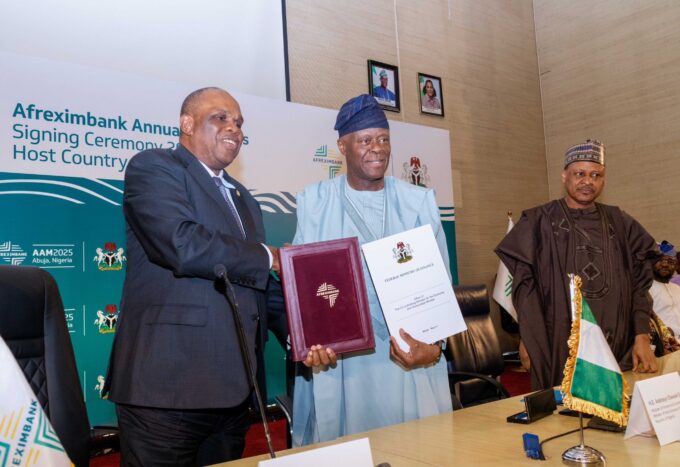Our chart today shows that Nigeria’s gross official reserves declined by USD175m to c.USD39.9bn in February. The latest decline follows four months of attrition, after over USD7bn boost from international debt issuance and the IMF’s SDR allocation in Q3 ’21. The gross reserves are calculated on a 30-day moving average basis. For a more accurate picture, we must adjust this gross figure for the pipeline of delayed external payments.
Total reserves at end-February covered 9.5 months’ merchandise imports based on the balance of payments for the 12 months to September ’21, and 7.2 months when we add services. We consider this a healthy buffer.
Although crude oil prices have rallied strongly in recent months on the back of global supply-demand imbalances and geopolitical tensions, the latest of which is Russia’s invasion of Ukraine, Nigeria has not reaped the benefits.
The weak accretion to the reserves is largely due to Nigeria’s low crude oil output. We see from OPEC’s monthly oil report that Nigeria’s crude oil output (excluding condensates) averaged around 1.3 million barrels per day (mbpd) through 2021, far below its OPEC production quota of c.1.7mbpd.
Output has dwindled on the back of evacuation challenges, mainly losses due to pipeline vandalisation from crude oil theft, and ageing evacuation infrastructure.
The delayed passage of the Petroleum Industry Act for over a decade stalled sizable investments by the international oil companies (IOC). Given the IOCs’ continuous divestments from Nigeria, as seen by Seplat Energy’s announcement of a share purchase agreement for the acquisition of Mobil Producing Nigeria’s shares, the Act has come too late in some respect.
We understand that a separate but related concern is that the NNPC has entered into some crude oil forward sales that do not necessarily reflect the current pricing levels. The situation has been exacerbated by the inability to produce at optimal levels.
According to local newswires, the NNPC has indicated its intention to raise output to take advantage of increased crude oil prices. It is unclear how the firm plans to deal with oil theft and evacuation issues.

Source FBNQuest Research














